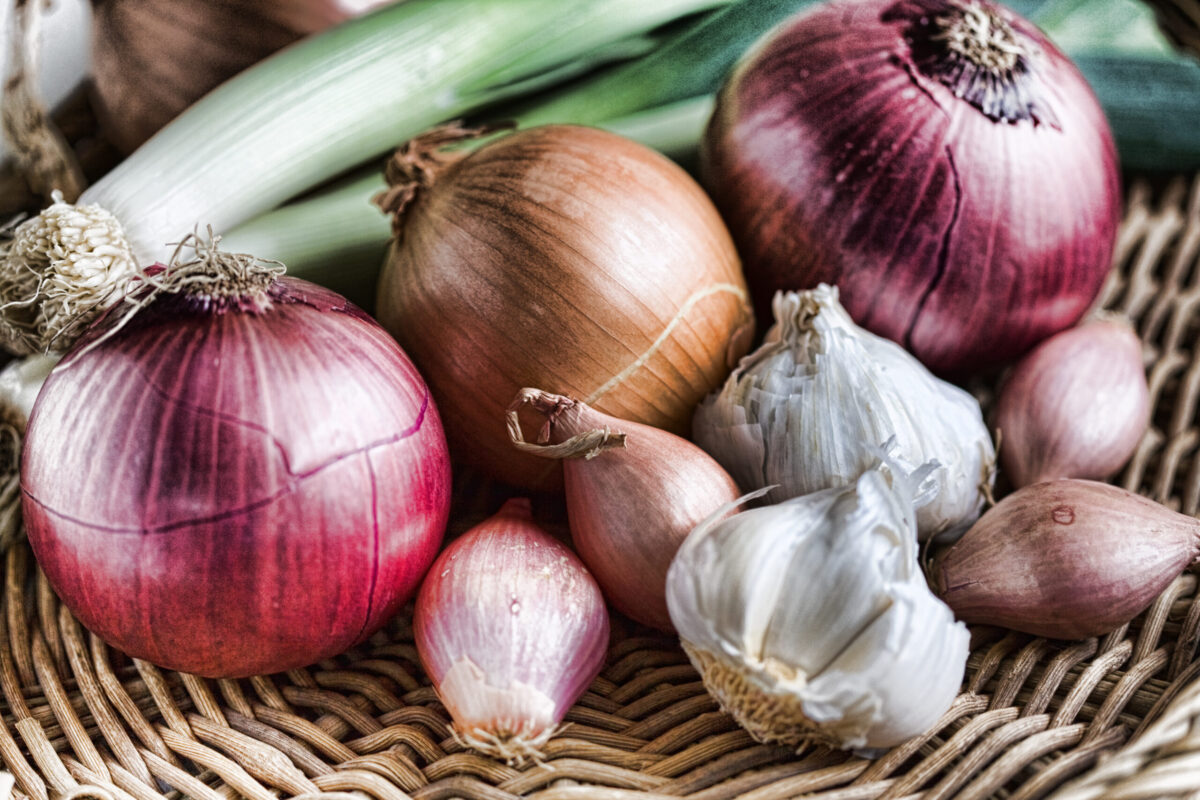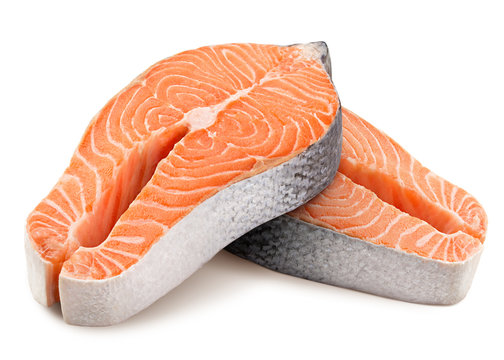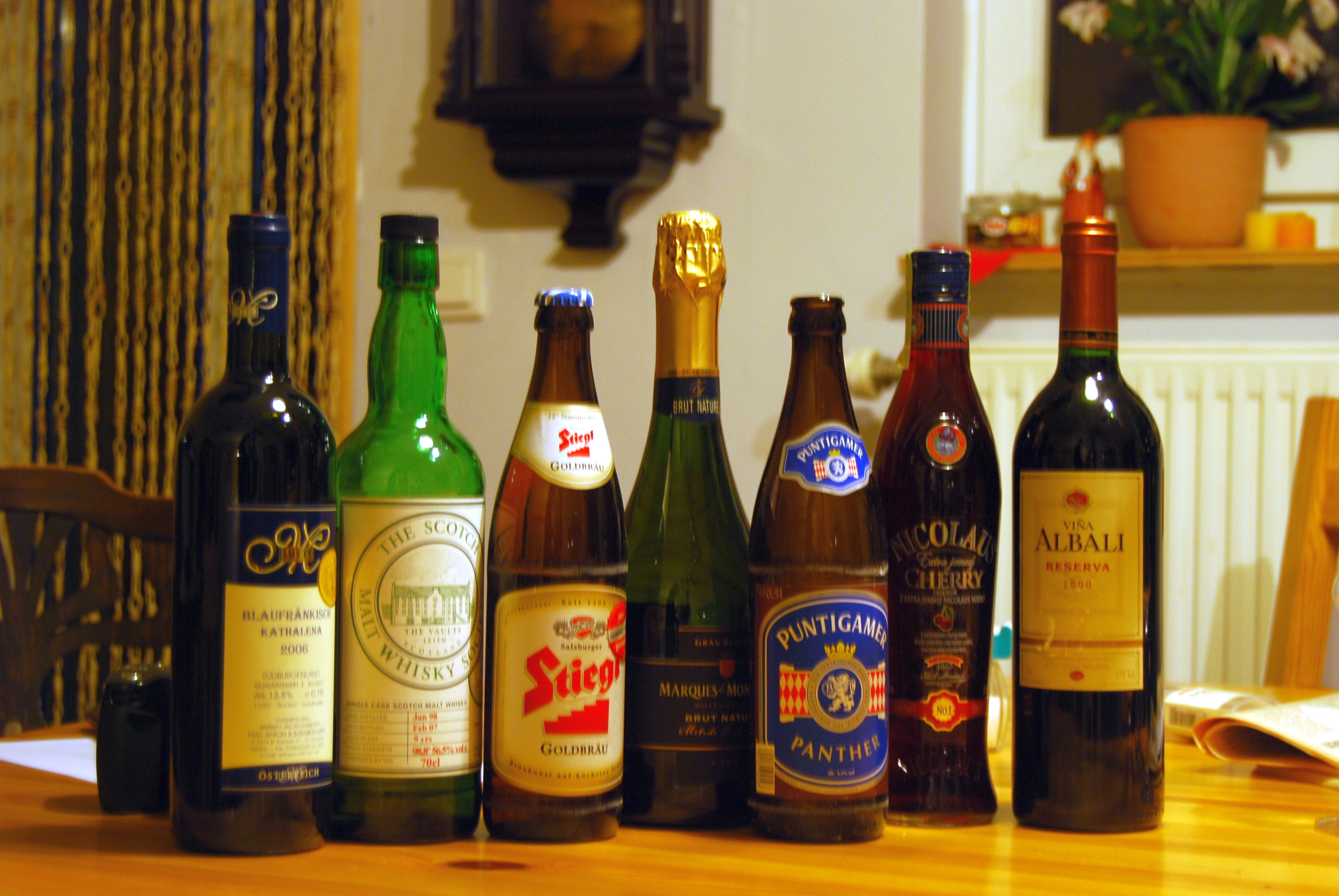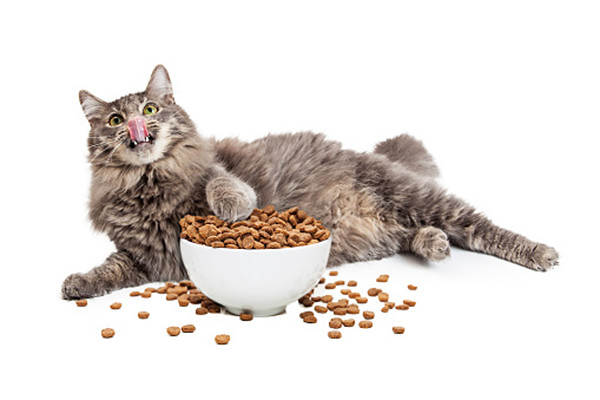Cats are known for their curious nature and their tendency to explore their environment, which often includes tasting things they shouldn’t. As responsible pet owners, it’s crucial to be aware of the foods that can harm your feline friend. While some human foods may seem harmless or even healthy, they can cause a range of health issues for cats, from mild discomfort to severe poisoning. Below, we will explore some of the most common foods that cats should avoid and why they can be dangerous.
1. Chocolate and Caffeine
Chocolate is toxic to cats due to its theobromine and caffeine content. These compounds can overstimulate the central nervous system and heart, leading to symptoms such as restlessness, rapid breathing, increased heart rate, tremors, and even seizures. Dark chocolate and baking chocolate, which contain higher levels of theobromine, are particularly dangerous. Similarly, caffeinated beverages like coffee, tea, and energy drinks should never be given to cats as they can cause similar symptoms.
2. Onions, Garlic, and Chives

Onions, garlic, and other members of the allium family can be toxic to cats. These ingredients contain compounds that damage red blood cells, potentially leading to anemia. Symptoms of onion or garlic poisoning include weakness, vomiting, breathlessness, and a reduced appetite. Even small amounts, such as onion powder or garlic seasoning in food, can pose a risk to your cat’s health.
3. Raw Fish and Meat

While cats are obligate carnivores and require a diet rich in animal protein, feeding them raw fish or meat can expose them to harmful bacteria like Salmonella and E. coli. Raw fish also contains an enzyme called thiaminase, which can break down thiamine (vitamin B1) in your cat’s body, leading to neurological issues. If you want to feed your cat fish or meat, it’s safer to cook it thoroughly first.
4. Dairy Products
It’s a common misconception that cats enjoy milk and other dairy products. In reality, most cats are lactose intolerant, meaning their digestive systems cannot process lactose, the sugar found in milk. Consuming dairy can lead to stomach upset, diarrhea, and bloating. If you want to treat your cat, opt for lactose-free milk or cat-specific milk products available in pet stores.
5. Grapes and Raisins
Grapes and raisins are highly toxic to cats and can cause kidney failure. While the exact substance responsible for this toxicity is still unknown, even small amounts can lead to symptoms like vomiting, lethargy, and decreased urination. It’s best to keep these fruits far out of your cat’s reach.
6. Alcohol

Alcohol can be extremely dangerous for cats, even in small quantities. It affects their liver and brain in much the same way it does humans, but because cats are much smaller, the effects are magnified. Symptoms of alcohol poisoning include vomiting, disorientation, difficulty breathing, and in severe cases, coma or death. Ensure that alcoholic beverages and foods prepared with alcohol are never accessible to your pet.
7. Xylitol
Xylitol is a sugar substitute commonly found in sugar-free gum, candies, and baked goods. While it is highly toxic to dogs, it can also pose a risk to cats. Xylitol can cause a rapid release of insulin, leading to hypoglycemia (low blood sugar). Symptoms include vomiting, loss of coordination, and seizures. In severe cases, xylitol ingestion can result in liver failure.
8. Bones and Fat Trimmings

While it might seem natural to give your cat leftover bones or fat trimmings, these can pose serious risks. Cooked bones can splinter and cause choking or internal injuries, while raw fat trimmings can lead to pancreatitis. It’s best to avoid feeding your cat any kind of table scraps to ensure their safety.
9. Raw Eggs
Raw eggs can expose cats to bacteria such as Salmonella and E. coli, which can cause food poisoning. Additionally, raw egg whites contain avidin, a protein that interferes with the absorption of biotin (a B-vitamin), potentially leading to skin and coat issues. If you want to include eggs in your cat’s diet, always cook them thoroughly.
10. Dog Food
While a bite of dog food won’t harm your cat, feeding it regularly can lead to nutritional deficiencies. Cats have specific dietary requirements that dog food cannot meet, such as higher levels of protein, taurine, and certain vitamins. Prolonged consumption of dog food can result in serious health problems for your cat.
11. Yeast Dough

Uncooked yeast dough can expand in your cat’s stomach, causing bloating and potentially life-threatening complications like gastric dilatation-volvulus (GDV). The fermentation process can also produce alcohol, which adds another layer of toxicity. Always keep yeast dough out of your cat’s reach.
12. Certain Fruits and Vegetables
Some fruits and vegetables are harmful to cats. For instance, avocados contain persin, which can cause vomiting and diarrhea. Citrus fruits like lemons, limes, and oranges are also toxic due to their citric acid content. Additionally, green tomatoes and raw potatoes contain solanine, a toxic compound that can lead to gastrointestinal upset.
13. Candy and Sugary Foods
Sugary foods and candy are not suitable for cats and can contribute to obesity, diabetes, and dental issues. Hard candies can also pose a choking hazard. Additionally, some candies may contain xylitol, which, as mentioned earlier, is highly toxic to cats.
14. Salt and Salty Snacks
High levels of salt can lead to excessive thirst and urination, and in severe cases, sodium ion poisoning. Symptoms include vomiting, diarrhea, tremors, and seizures. Avoid giving your cat salty snacks like chips, pretzels, or processed meats.
15. Mushrooms
Certain types of mushrooms contain toxins that can be harmful to cats. Ingestion of toxic mushrooms can cause symptoms ranging from gastrointestinal upset to organ failure. Since it’s difficult to identify safe mushrooms, it’s best to avoid feeding any type of mushroom to your cat.
Conclusion
Keeping your cat healthy involves more than just providing love and shelter—it also requires a well-balanced, cat-appropriate diet. By being aware of the foods that are harmful to cats, you can help prevent accidental poisoning and ensure your feline friend leads a long, happy life. When in doubt about a particular food, it’s always best to consult your veterinarian. Remember, what’s safe for humans isn’t always safe for our furry companions.
More posts you might be interested in:














